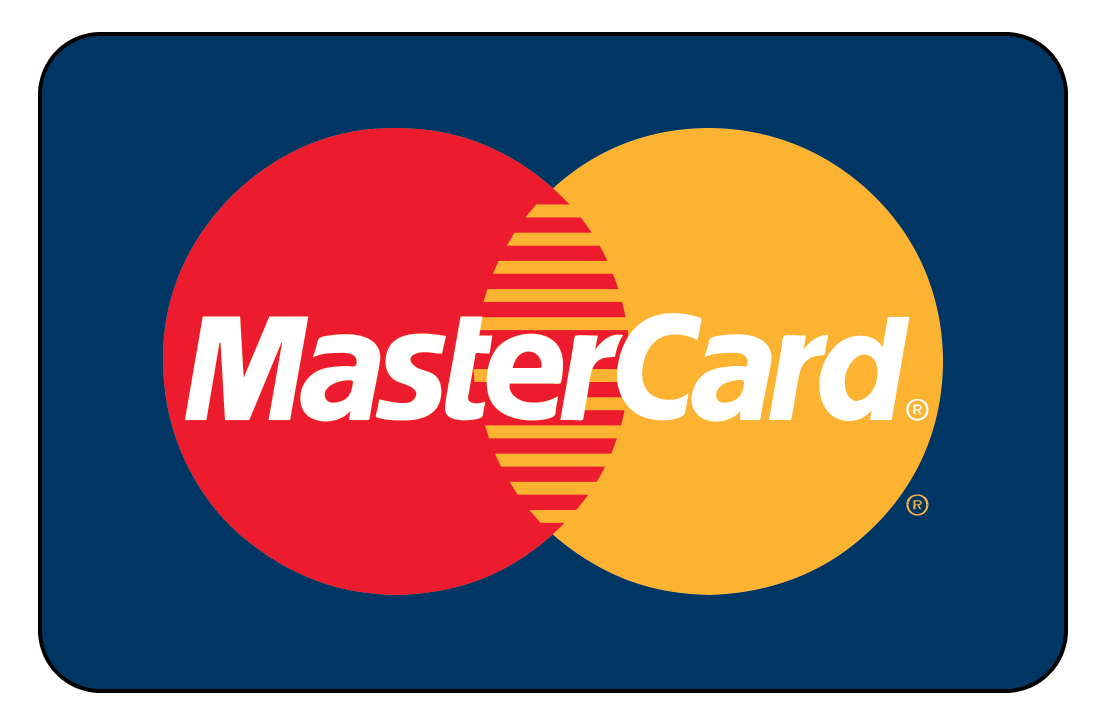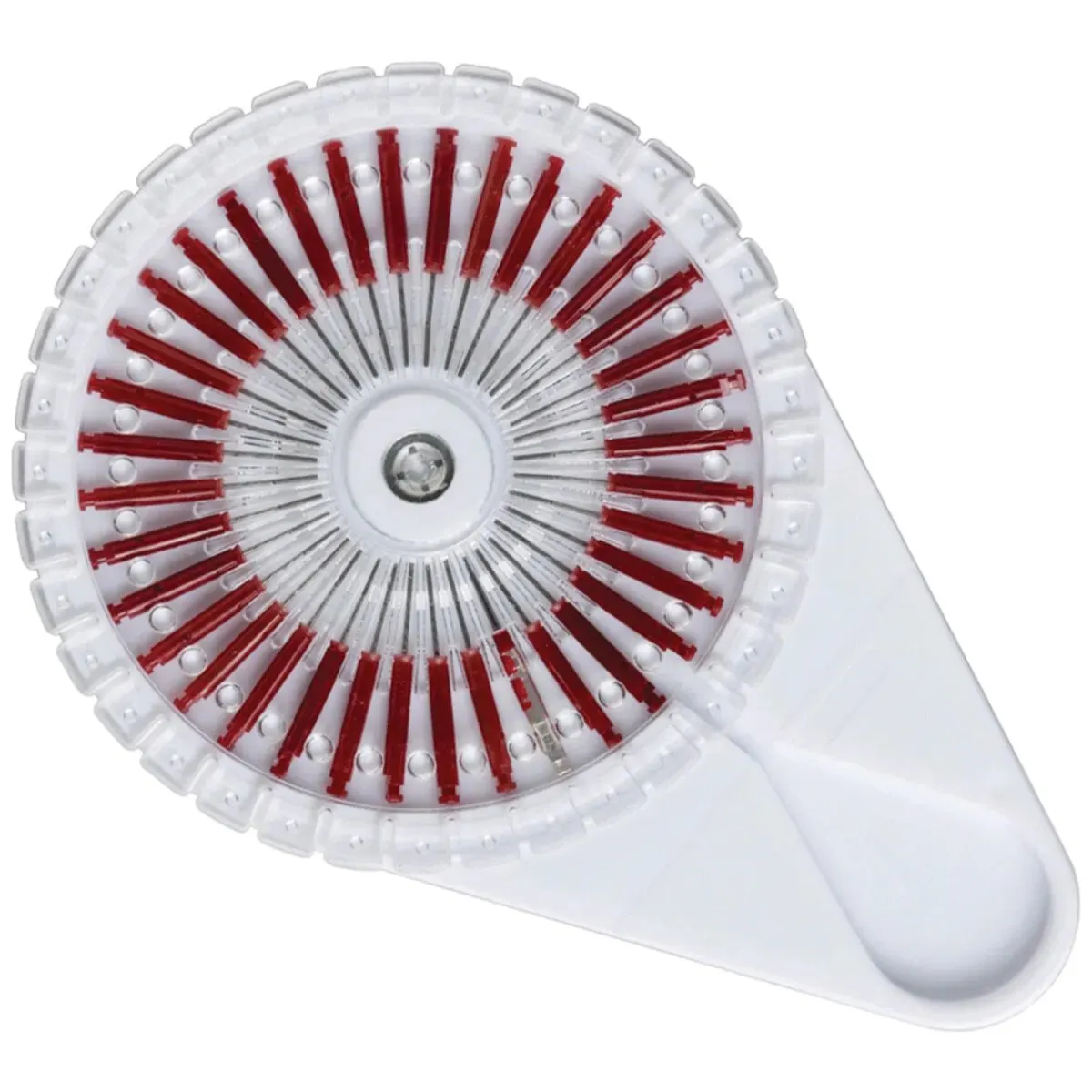The Retention Pins & Drills category on Dentalkart features essential restorative tools designed to improve mechanical retention in complex or compromised tooth restorations. These devices play a critical role in modern restorative dentistry, particularly in situations involving extensive carious lesions, weakened cusps, or fractured tooth structure.
Retention pins are inserted into dentin to provide anchorage for restorative materials, while drills ensure precision in pinhole placement without compromising surrounding tooth structure. This category is curated for dental professionals seeking dependable, high-quality options to reinforce restorations in both anterior and posterior teeth.
Clinical Importance of Retention Pins
In restorative cases where natural tooth retention is insufficient—such as grossly decayed teeth or those with large restorations—retention pins serve as internal anchors to mechanically lock restorative materials in place. They are especially useful in:
- Deep Class I and II cavity preparations
- Posterior teeth with missing cusps
- Core build-ups for crown placements
- Management of teeth with limited enamel support
The use of pins enhances stability and longevity of the restoration by distributing occlusal loads and reducing the risk of restoration dislodgement.
Types of Retention Pins Available
This category offers a comprehensive selection of retention pins suited for different clinical scenarios, including:
- Self-threading Pins – Commonly used due to their ease of placement and strong mechanical retention
- Friction-lock Pins – Ideal for delicate dentin, where minimal microfracturing is desired
- Cemented Pins – Provide passive retention and are often used in combination with other pin types
- Miniature & Regular-sized Pins – Available in various diameters and lengths to suit anatomical and restorative needs
Each pin is designed to offer optimum anchorage while preserving as much of the natural tooth as possible.
Precision Drills for Pinhole Placement
This category also includes matching drills designed for use with specific pin systems. These precision-engineered drills ensure accurate, vibration-free entry into dentin and help prevent microcracks or pulp exposure. Key features include:
- Stainless Steel or Carbide Construction – For durability and precision
- Depth Control & Stopper Designs – To prevent over-penetration
- Color-coded Systems – For easy identification and compatibility with pin sizes
The drills are tailored for smooth, controlled cutting, ensuring safe and effective pinhole preparation with minimal dentinal trauma.
Trusted Brands in This Category
Dentalkart sources retention pins and drills from leading manufacturers known for their commitment to dental innovation and clinical safety. Popular and reliable brands featured in this category include:
- SS White – Renowned for durable, efficient carbide drills and restorative tools
- Dentsply – Offers trusted retention systems and accessories with clinical backing
- Coltene Whaledent – Recognized for innovative retention solutions and superior material quality
These brands are trusted in dental clinics and academic institutions for delivering consistently high clinical outcomes.
Advantages of Using Retention Pins
- Enhanced Retention in Large Cavities – Particularly beneficial for severely damaged or worn teeth
- Improved Load Distribution – Helps restorations withstand functional stresses
- Cost-Effective Core Build-ups – Reduces the need for more invasive procedures
- Simplified Crown Preparation – Aids in creating a reliable foundation for prosthetic restorations
- Minimal Chairside Time – Quick to place with minimal instrumentation
By providing mechanical reinforcement, retention pins contribute to the longevity and effectiveness of both temporary and permanent restorations.
FAQs – Retention Pins & Drills
- When should retention pins be used in restorative procedures?
Retention pins are recommended when natural tooth structure is insufficient to support a restoration, such as in deep cavities, fractured teeth, or large core build-ups.
- Are there risks associated with pin placement?
Yes. Improper placement may cause dentin cracking, pulp exposure, or weakening of the tooth. Using the correct drill and technique is essential to minimize these risks.
- Can retention pins be used in anterior teeth?
Yes, but with caution. Smaller, minimally invasive pins are preferred in anterior regions to avoid esthetic or structural complications.
- Are special drills required for each pin system?
Yes, most pin systems come with matching drills designed for ideal fit and depth. Using the correct drill ensures safe and accurate pin placement.
- Do pins interfere with restorative materials like composites or amalgam?
No. Retention pins are compatible with both composite and amalgam restorations and help reinforce their structural stability.

















